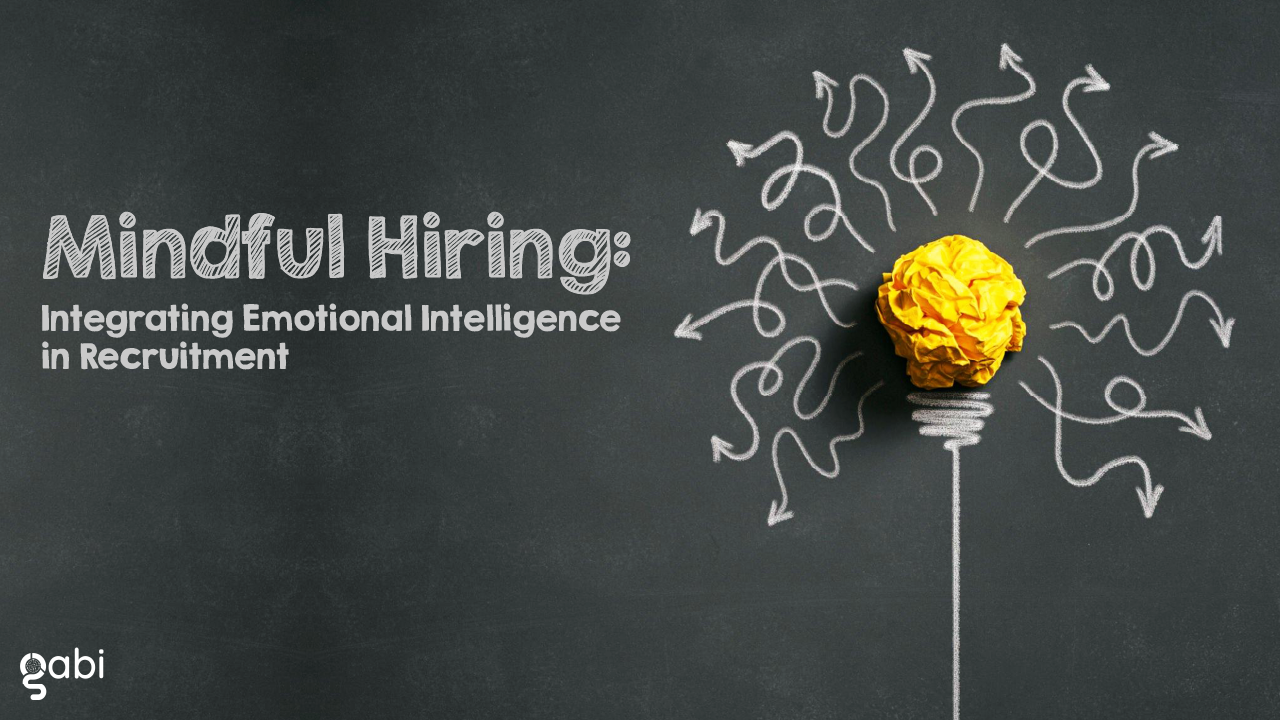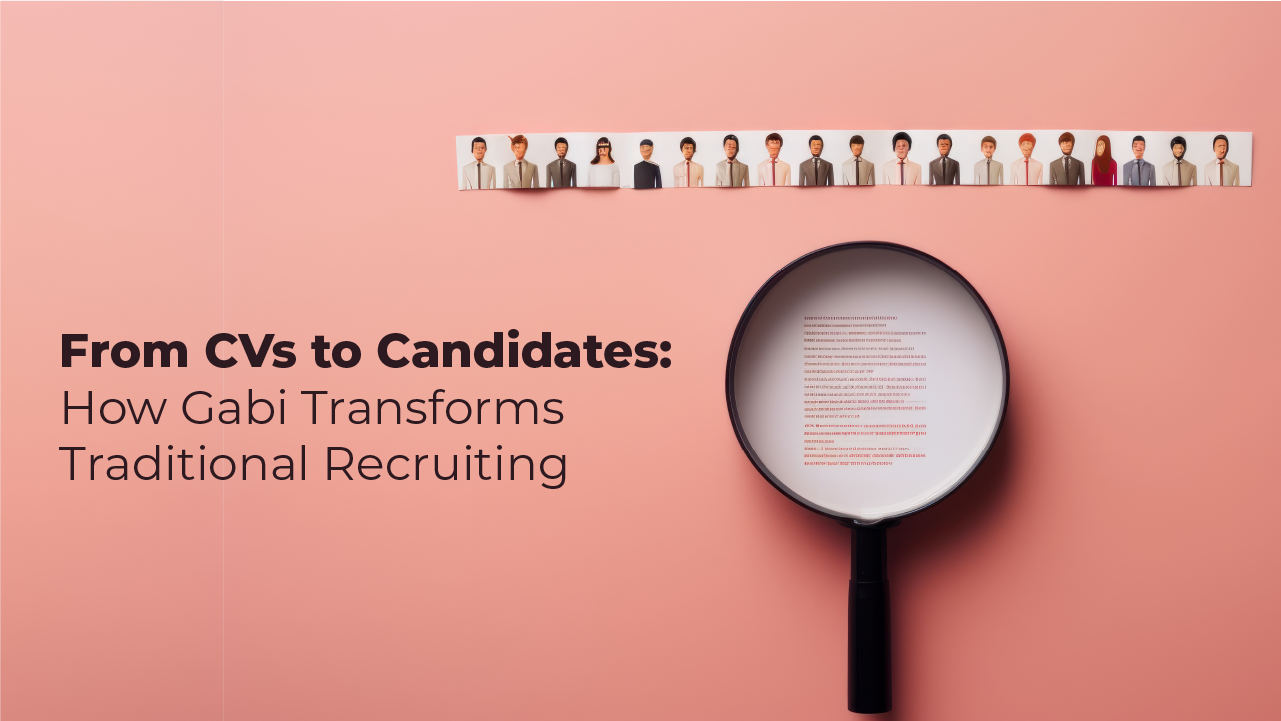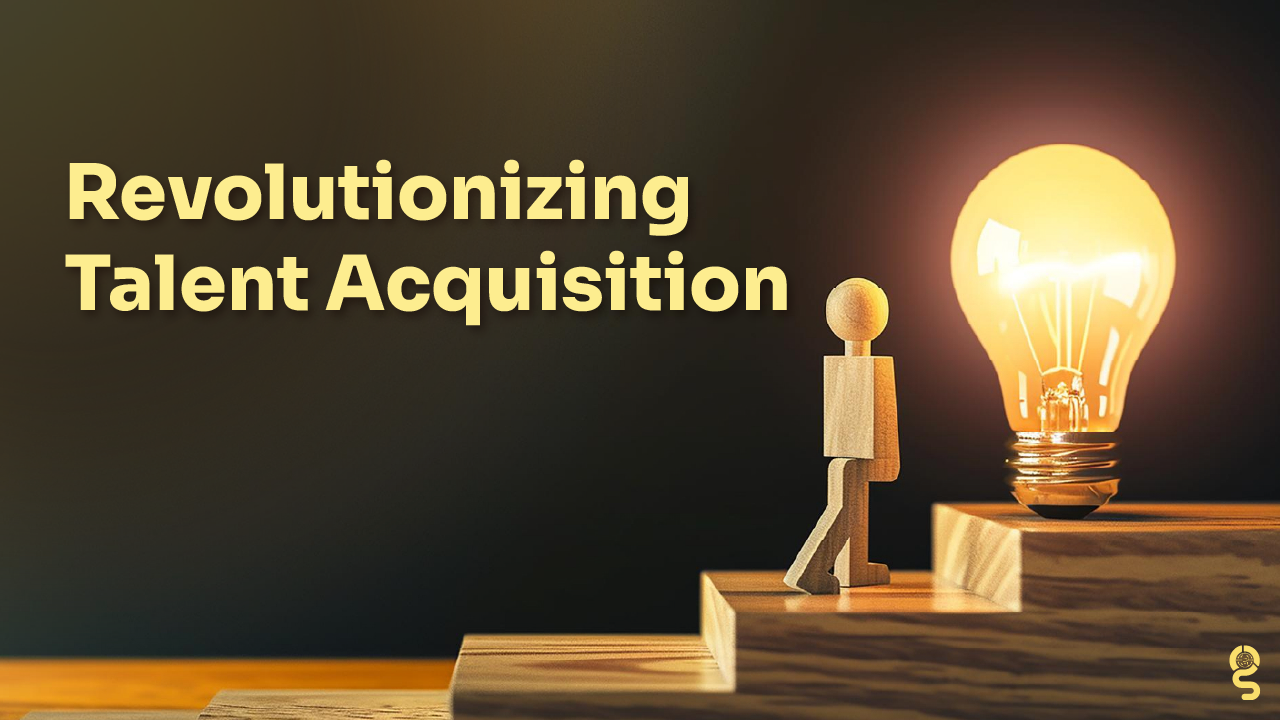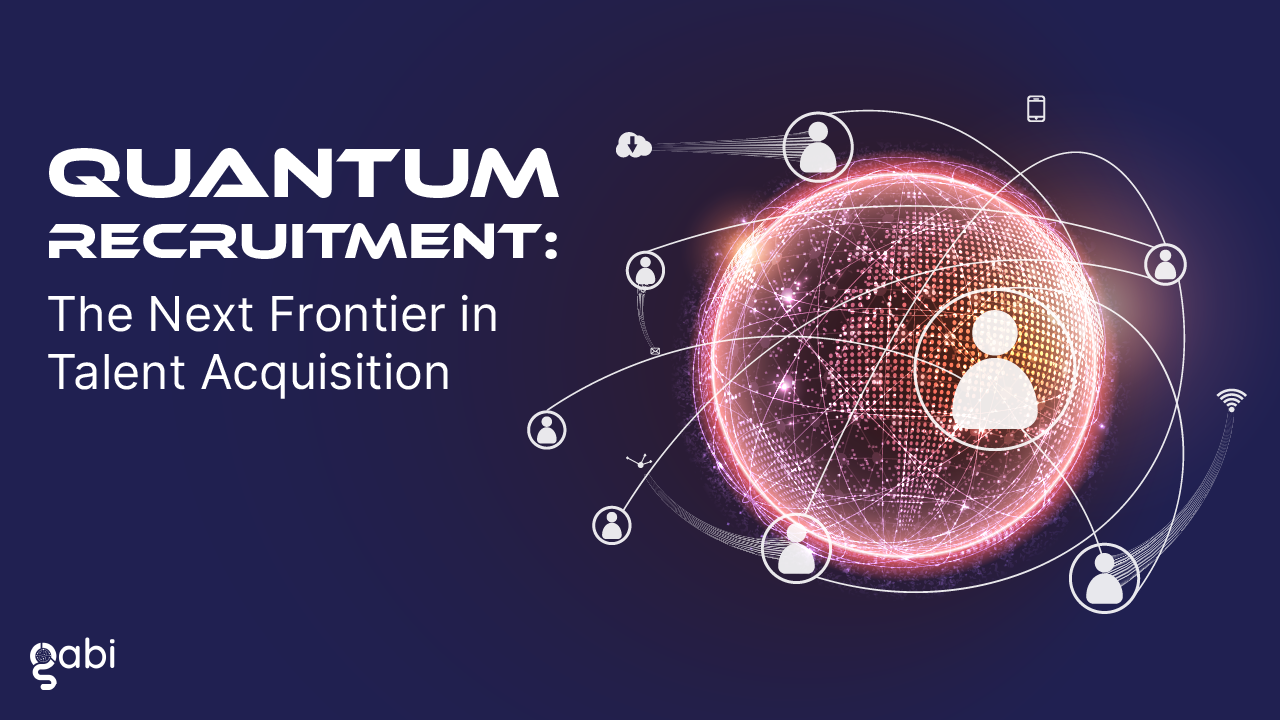Incorporating emotional intelligence into recruitment practices is not just a trend but a strategic necessity. Mindful hiring can lead to a technically competent, collaborative, adaptable, and culturally aligned workforce.
As organizations continue to recognize the holistic value of emotional intelligence, it will play an increasingly pivotal role in shaping the future of talent acquisition.
Imagine a hiring process where understanding emotions, fostering collaboration, and nurturing workplace harmony take center stage.
This article is your gateway into the transformative world of mindful hiring, where emotional intelligence (EI) becomes the secret sauce to building not just teams, but thriving communities within organizations.
Let’s embark on a journey where the nuances of EI are revealed, its benefits explored, and strategies unveiled to make mindful hiring not just a practice but a powerful ethos that shapes the future of recruitment. Welcome to the art and science of mindful hiring.
Understanding Emotional Intelligence in Recruitment
Emotional intelligence talks about people’s capacity to identify, comprehend, and regulate their own emotions as well as the emotions of others.
In the context of recruitment, it goes beyond the traditional assessment of technical skills and qualifications.
Hiring based on emotional intelligence involves evaluating a candidate’s interpersonal skills, self-awareness, empathy, and ability to navigate social situations. It’s an essential aspect of hiring that should never be underestimated.
Benefits of Integrating EI in Talent Acquisition
Explore the concrete benefits associated with incorporating emotional intelligence into the talent acquisition process.
From enhancing team dynamics to cultivating effective leadership, the benefits extend to creating a workplace culture where emotional intelligence is valued and contributes to organizational success.
- Improved Team Dynamics: Candidates with high emotional intelligence tend to collaborate effectively with colleagues, leading to improved team dynamics and a positive workplace culture.
- Improved Leadership Abilities: Emotional intelligence forms a fundamental aspect of successful leadership. Leaders possessing high EI can skilfully navigate intricate interpersonal dynamics, inspire teams, and flexibly adapt to evolving circumstances.
- Cultural Alignment: Evaluating emotional intelligence assists in pinpointing candidates whose values align with those of the organization, fostering a positive contribution to its cultural environment.
- Effective Conflict Management: Individuals with robust emotional intelligence are more adept at resolving conflicts constructively, thereby minimizing disruptions in the workplace.
Implementing Mindful Hiring Practices
Mindful hiring practices involving emotional intelligence require a strategic approach in their implementation.
From integrating assessment tools to a more nuanced evaluation of soft skills, organizations can navigate the complexities of recruitment with intentionality.
- EI Assessment Tools: Incorporate EI assessment tools into the hiring process to evaluate candidates’ emotional intelligence objectively. These tools may include scenario-based questions, role-playing exercises, or specialized EI assessments.
- Soft Skills Evaluation: Place a greater emphasis on evaluating soft skills during interviews. Ask questions that require candidates to reflect on their emotional responses to past challenges and how they have handled interpersonal situations.
- Behavioral Interview Techniques: Incorporate behavioral interview techniques to prompt candidates to share concrete instances of applying emotional intelligence in their past roles, offering valuable insights into their practical use of EI in professional settings.
Creating a Positive Candidate Journey with Emotional Intelligence
A positive candidate journey requires thoughtful integration of emotional intelligence into communication, feedback mechanisms, and cultural awareness.
- Communication: Foster transparent and open communication throughout the hiring process. Keeping candidates informed and engaged contributes to a positive experience, showcasing the organization’s commitment to emotional intelligence.
- Feedback: Provide constructive feedback to candidates, emphasizing not just technical skills but also their interpersonal strengths and areas for improvement in terms of emotional intelligence.
- Cultural Awareness: Demonstrate cultural awareness in all interactions with candidates. A mindful approach to diversity and inclusion aligns with the principles of emotional intelligence and creates an inclusive candidate experience.
Bottom Line
In conclusion, embracing emotional intelligence in recruitment is a mindful choice that transcends traditional hiring practices. By recognizing the impact of emotions on workplace dynamics, organizations can build teams that thrive on empathy, collaboration, and a shared commitment to success.
Mindful hiring goes beyond skill matching; it involves discovering the ideal alignment with the essence and true spirit of the organization.
It’s also important to consider how Gabi Labs, a pioneer in AI-powered recruitment, can elevate your hiring experience. Transform your recruitment practices with the art and science of mindful hiring, and let us guide you to a future where emotional intelligence shapes the very essence of talent acquisition. Embrace a new era with Gabi Labs – your partner in revolutionizing recruitment.




